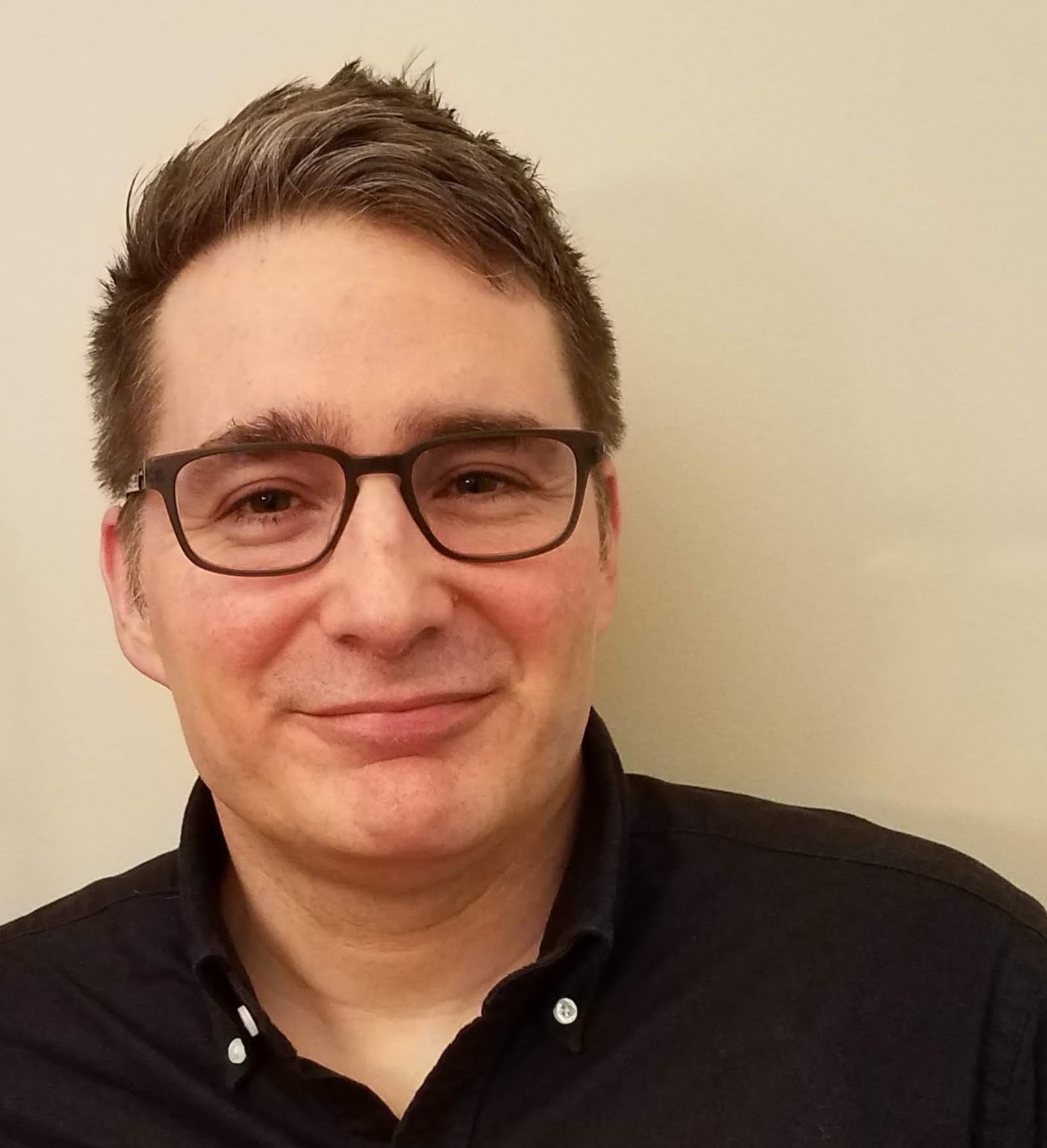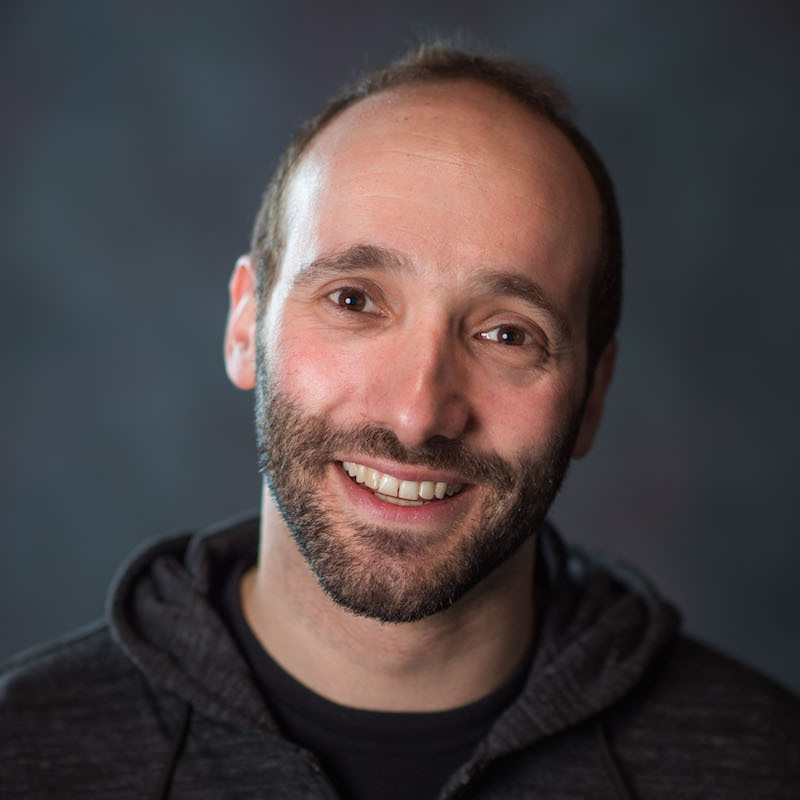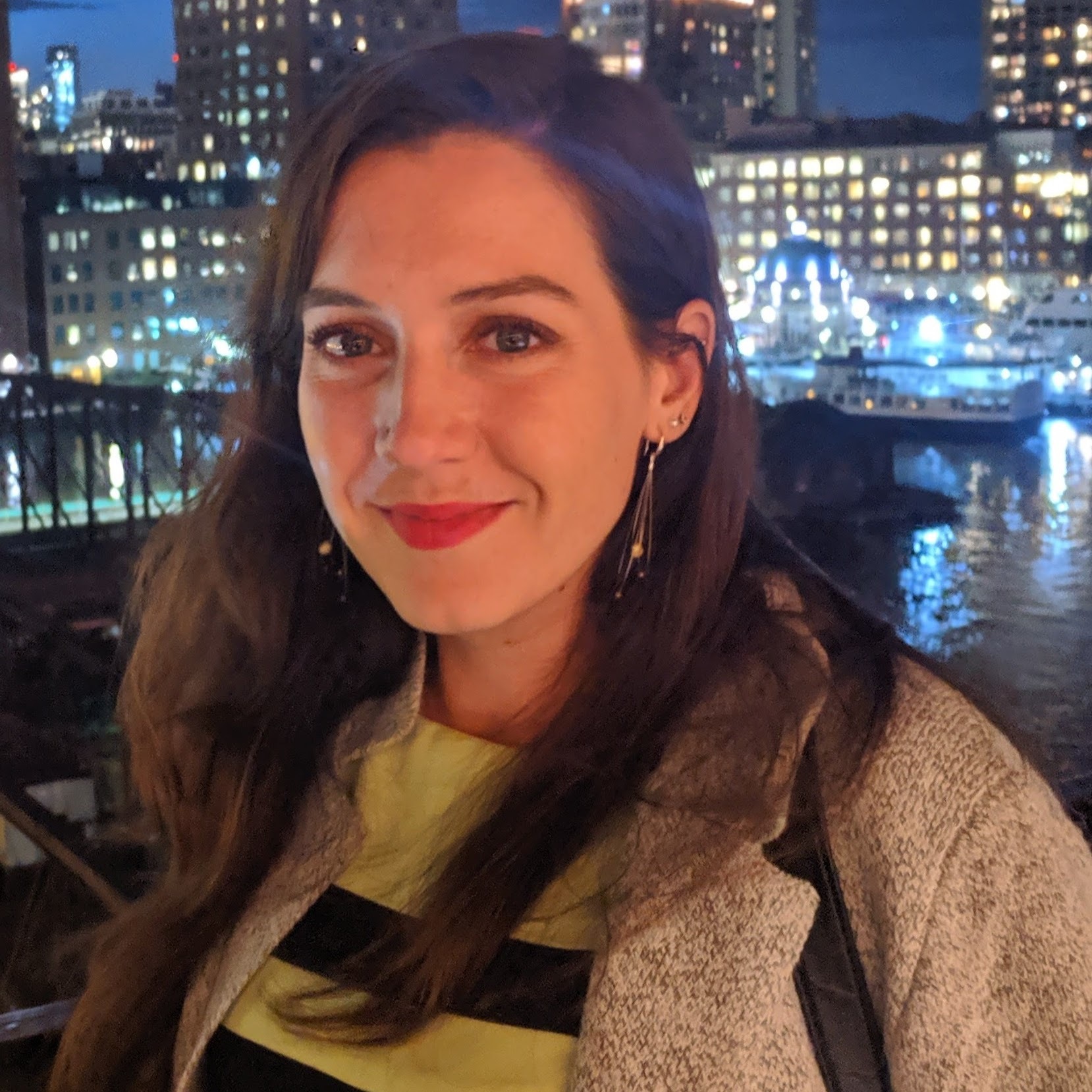Past Instructors - 2022 Program
-

Tom Bernhardt
Professor - Department of Microbiology and Immunobiology
I have had a long interest in phages dating back to my graduate studies at Texas A&M University. There, I investigated the mechanisms by which phages lyse (blowup) their bacterial hosts to release progeny viruses so that they can go on to infect new hosts. Over the years, my lab has mainly focused on studies of bacterial cell biology and cell surface biogenesis. However, in recent years we have begun studying phages of corynebacteria and using them to help us understand how this class of bacteria grows. I am excited to work with you on the identification and characterization of new corynephages from the environment. There is great potential in this work to develop new tools for our studies and to discover new biological mechanisms.
-

Michael Baym
Assistant Professor - Department of Biomedical Informatics
I’m a new convert to the world of phages. I came to them from a longstanding interest in bacterial evolution, particularly in the evolution of antibiotic resistance. In no small part thanks to Dr. Owen I’ve come to the idea that phages play a critical role in the evolution of antibiotic resistance, and in horizontal gene transfer more broadly. I am excited for you to discover phages that affect the horizontal transfer of genes between bacteria, and to potentially use those phages and the biology we learn from them to better address antibiotic resistance.
Email: baym@hms.harvard.edu
-

James Michael Spencer
Laboratory Manager - Bernhardt Lab
As a former bench scientist and current lab manager, it’s my goal to create and maintain an environment that makes your experience in the lab as seamless and productive as possible. I find fulfillment in ensuring that we have everything we need to succeed and do great science at the bench and beyond. I am excited to see the work you’ll be doing during this research program.
-

Amelia McKitterick
Postdoctoral Fellow - Bernhardt Lab
I am interested in understanding how phages interact with their host bacteria to gain control during infection, and how this knowledge can teach us about the special ways different bacteria grow and divide. I think through studying phages, we can ask big picture questions about bacterial and pathogen evolution as well as microbial community dynamics that can teach us more about the larger world around us. I am also passionate about sharing my love of research with others and can’t wait to spread the joy of lab work to a new set of researchers.
-

Siân Owen
Postdoctoral Fellow - Baym Lab
I believe that phages are the secret puppet masters of the bacterial world, shaping the lives of bacteria in inconceivably broad-ranging ways. My research focuses on how phages can rapidly alter bacterial biology and drive their evolution in interesting directions. I am passionate about communicating the joys of phage research, and make it my personal mission to “infect” as many people as possible.
Email: sian@hms.harvard.edu
-

Natalia Quinones-Olvera
Graduate Student - Baym Lab
I study mobile genetic elements in bacteria, with a combination of bioinformatics and wet lab methods. I’m particularly interested in the conflicts between conjugative plasmids and bacteriophages, and in isolating interesting phages that help us understand these conflicts. Coding is an essential part of my research, but it is also one of my hobbies! Computers are incredibly powerful and flexible, and I love that you can do anything with them, from studying new phages, to creating art.
Email: nquinones@g.harvard.edu
-

Kate Hummels
Postdoctoral Fellow - Bernhardt Lab
I am fascinated by the diversity and complexity of the microbial world. I find the ability of these “simple” microorganisms to reliably grow and even thrive in a variety of environments both remarkable and inspiring. My current research is focused on understanding how bacteria coordinate the expansion of their multi-layered cell envelope, allowing for consistent growth and division. When I’m not working at the bench, you might find me exploring the outdoors, solving a jigsaw puzzle, or playing with clay.
-

Thomas McCabe Bartlett
Postdoctoral Fellow - Bernhardt & Rudner Labs
Much like a wave passes through water or a flame burns a candle wick, life is better understood as a phenomenon passing through matter than as a collection of animated objects. The dynamic processes that allow life, growth, and procreation are generally deadly if they are misregulated (i.e., when they occur in the wrong time or place). My goal is to understand how the most basic and fundamental processes of life - cell growth, cell division, cell separation, and related processes - spontaneously organize to allow life to flourish. Also, I began my scientific career in a community college setting, and helping expose community college students to research experience is an important part of my personal mission as an academic scientist.